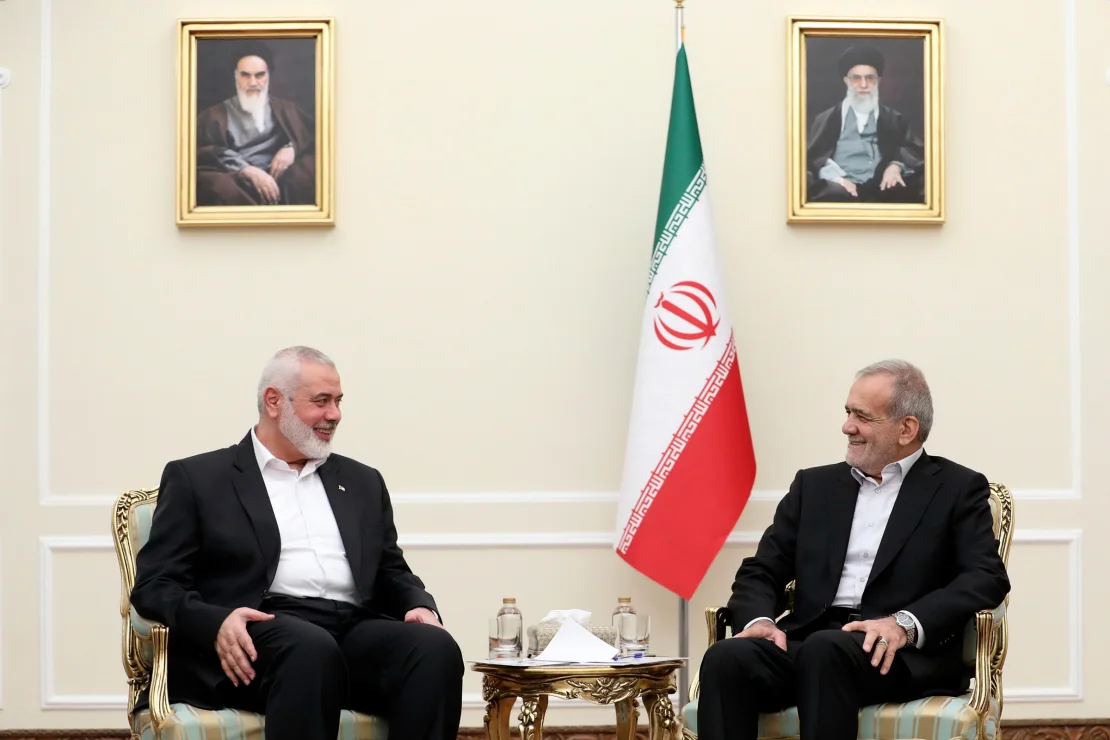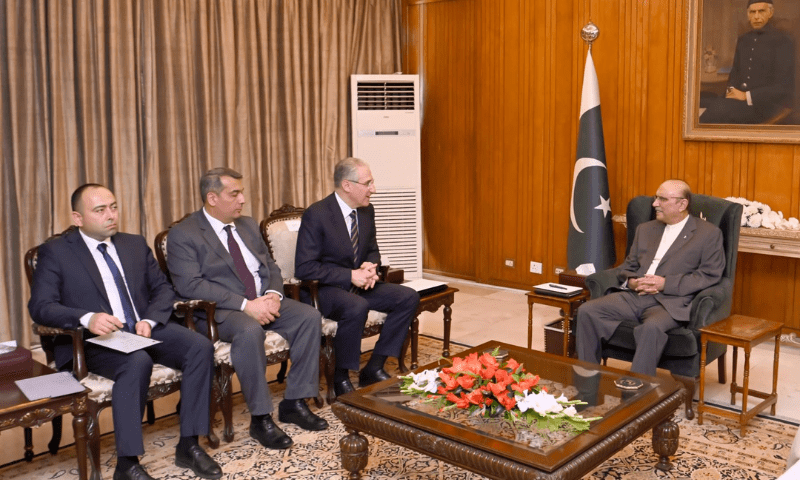PTBP Web Desk
India announced plans to reopen its embassy in Kabul, marking the country’s most significant move toward formal engagement with the Taliban-led Afghan administration since the militant group returned to power in 2021.
The announcement was made by Indian Foreign Minister Subrahmanyam Jaishankar during a meeting with Afghan Taliban Foreign Minister Amir Khan Muttaqi in New Delhi. This visit represents the first official trip to India by a Taliban leader since their takeover, underscoring renewed efforts to strengthen diplomatic and economic ties in the region.
India closed its embassy in Kabul in August 2021 after the Taliban’s rapid takeover following the withdrawal of U.S.-led NATO forces. However, in 2022, New Delhi cautiously established a small technical mission in Kabul to handle humanitarian assistance, trade facilitation, and medical aid.
The mission was aimed at ensuring continuity in bilateral ties and providing support to the Afghan people, especially amid growing humanitarian needs. India has also supplied wheat, medicines, and COVID-19 vaccines to Afghanistan through humanitarian channels.
Now, according to Jaishankar, India’s existing technical mission will be upgraded to a full-fledged embassy, signaling deeper engagement with Afghanistan’s ruling authorities.
During his meeting with Amir Khan Muttaqi, Jaishankar reaffirmed India’s stance on Afghanistan’s sovereignty, territorial integrity, and independence, stating:
“India is fully committed to the sovereignty, territorial integrity, and independence of Afghanistan. Closer cooperation between us contributes to your national development as well as regional stability and resilience.”
While Jaishankar did not specify a timeline for reopening the embassy, he emphasized that India’s move aims to support Afghanistan’s long-term stability and development, rather than signal political recognition of the Taliban government.
Afghan Foreign Minister Amir Khan Muttaqi’s six-day visit to India comes as part of the Taliban’s broader diplomatic outreach to regional powers. The Afghan Foreign Ministry confirmed that discussions would focus on political, trade, and economic cooperation.
The visit also highlights the Taliban’s desire to diversify Afghanistan’s external relations, particularly with influential regional players such as India, China, Russia, Iran, and Pakistan.
Muttaqi’s trip was made possible after the United Nations Security Council Committee temporarily lifted a travel ban on him, allowing diplomatic travel abroad. He remains under UN sanctions, which include travel restrictions and asset freezes.
Currently, around a dozen countries—including China, Russia, Iran, Pakistan, and Turkey—maintain embassies in Kabul. However, Russia is the only nation that has formally recognized the Taliban administration.
India’s move is being closely watched by Western governments and regional observers, given its longstanding support for the previous Afghan government. Analysts say this decision reflects New Delhi’s pragmatic approach toward securing its strategic and security interests in Afghanistan.
India has historically maintained strong ties with Afghanistan, having invested over $3 billion in development projects, including the Afghan Parliament building, Salma Dam (Afghan-India Friendship Dam), and various road and infrastructure initiatives.
By reopening its embassy, India seeks to protect its investments and facilitate bilateral trade, which has suffered due to instability and border disruptions. The move also supports India’s broader objective of countering regional influence from rivals such as Pakistan and China.
Moreover, the diplomatic engagement aims to help India monitor security threats emanating from Afghanistan, particularly from militant networks with cross-border linkages.
Despite these developments, India does not officially recognize the Taliban government. Western nations have also refrained from extending recognition, citing the Taliban’s restrictions on women’s rights, education, and employment.
International organizations and human rights groups have repeatedly condemned the Taliban’s policies toward women, warning that continued repression could hinder Afghanistan’s reintegration into the global community.
New Delhi, too, has emphasized that its engagement is “people-centric”, focusing on humanitarian needs and regional stability rather than political endorsement.
Experts believe that India’s decision to reopen its embassy may encourage other nations to reassess their diplomatic stance toward Afghanistan. It also aligns with India’s larger regional strategy of maintaining open channels of communication to prevent Afghanistan from becoming an isolated or destabilized state.
Meanwhile, the Taliban leadership views India’s move as a step toward normalization and hopes it could pave the way for economic cooperation, investments, and trade revival.
This diplomatic thaw comes at a time when Afghanistan’s economy remains fragile, with international aid drastically reduced and sanctions still in place. The engagement with India could provide a much-needed economic and political lifeline for Kabul.




